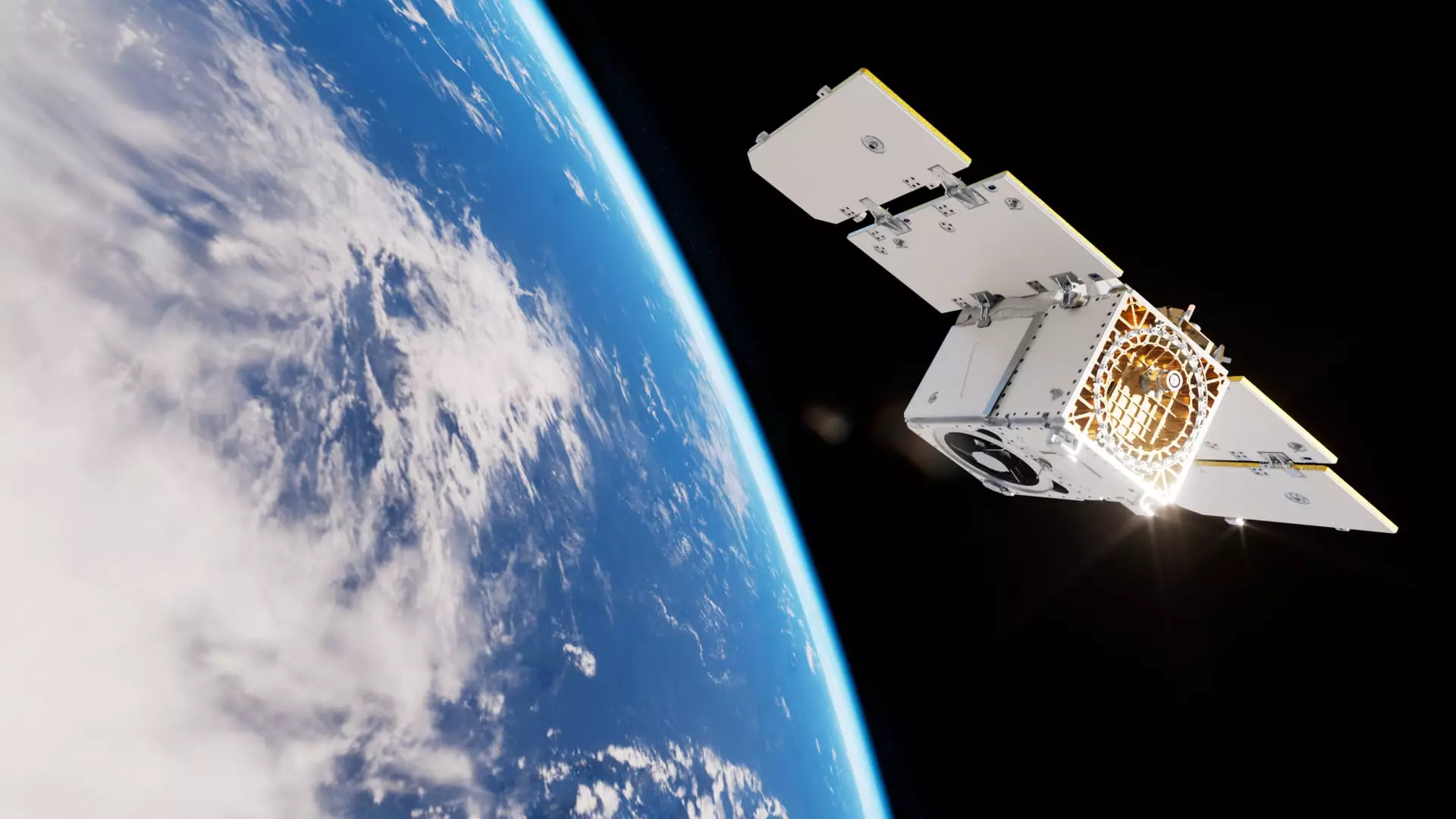The rapidly evolving landscape of satellite technology has witnessed a remarkable event with Planet, a prominent player in the satellite imagery and data analysis sector, announcing a groundbreaking $230 million contract. This deal signals a significant leap forward for the company as it continues its strategic rollout of the next-generation Pelican satellites. Such developments not only underscore the growing demand for satellite services but also illustrate how key industries are evolving in their use of advanced technology.
Planet CEO Will Marshall characterized the contract as more than just a financial transaction; he described it as a pivotal moment for the company’s entry into the satellite services market. This contract, the largest in Planet’s history, facilitates the construction of Pelican satellites specifically for a “long-standing partner” based in the Asia-Pacific region. While the specifics regarding the customer remain undisclosed, this collaboration highlights the trust established over years between Planet and its partners.
The agreement entails a multi-faceted approach, encompassing both satellite construction over a span of years and a promise of operational support extending for five years. By allowing the customer dedicated access to the satellites within their geographical area of interest, Planet not only solidifies its relationship with this partner but also paves the way for a more innovative data licensing framework for the rest of the world. “They get dedicated access to the satellites… and then for the rest of the world, we get to license that data,” Marshall explained, indicating an evolving business model that is adaptive and customer-centric.
While Planet’s recent contract doesn’t alter the financial projections for its fiscal 2025 fourth-quarter results, it is crucial to highlight the longer-term benefits expected to materialize by fiscal 2026. As expenditures related to satellite construction and services are absorbed over an estimated seven-year period, investors will need to monitor the projected balance sheet improvements closely.
Following the announcement of this monumental deal, shares of Planet exhibited a brief surge before stabilizing, reflecting a market sentiment that is cautiously optimistic yet attentive to the company’s previous revenue targets and operational challenges. Planet operates a fleet of over 200 satellites already in orbit, but the anticipation surrounding the Pelican satellite rollout injects renewed vitality into the firm’s market perception.
The Technical Innovations Behind Pelican Satellites
The Pelican satellite initiative serves as a noteworthy advancement in Planet’s mission to provide enhanced satellite capabilities. With the recent launch of the Pelican-2, which incorporates Nvidia’s Jetson edge artificial intelligence platform, the potential for streamlined data processing and improved operational efficiency stands at the forefront of this project. This technical leap represents not only a response to increased demand for high-quality data but also aligns with global trends toward integrating artificial intelligence in various sectors.
Marshall pointed out an essential factor in Planet’s strategy: financial backing. “We only had financials to specifically build a subset of [those 32 Pelican satellites], and now we’ve got the financials to build more,” he noted, emphasizing a strategic acceleration in scaling production and deployment. This capability could enhance Planet’s competitiveness, particularly as it redefines its value proposition in an increasingly crowded satellite and data services market.
As Planet strives to navigate its way through post-SPAC market dynamics, the renewed focus on contracts and partnerships indicates a robust approach to reestablishing confidence in its operational model. Despite experiencing setbacks in stock performance due to missed revenue projections and workforce reductions, the recent series of contracts and product launches inspire a sense of cautious optimism.
Planet’s journey into the satellite services business, paired with its commitment to technological innovation, marks a critical phase of growth. By fostering deeper connections with existing partners while expanding their services, Planet may well be positioning itself to reclaim its status as a leader in the satellite data industry. As the company continues to innovate, stakeholders will watch its trajectory closely, anticipating how these strategic developments will influence both operational success and stock performance in the years ahead.

